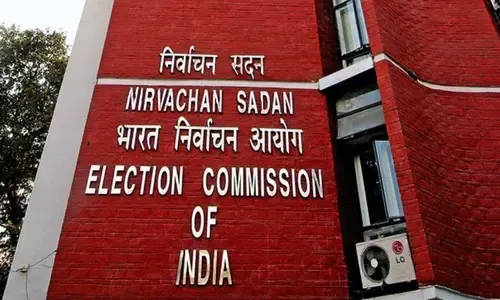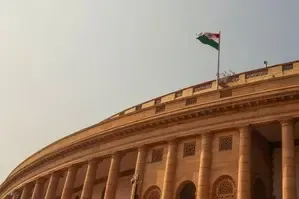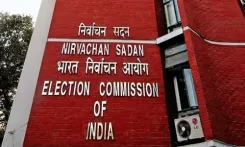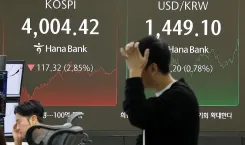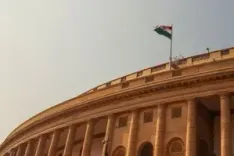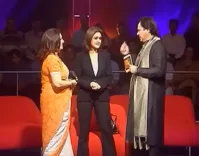Why Did the SC Refuse to Hear Bhupesh Baghel’s Plea on PMLA Provisions?
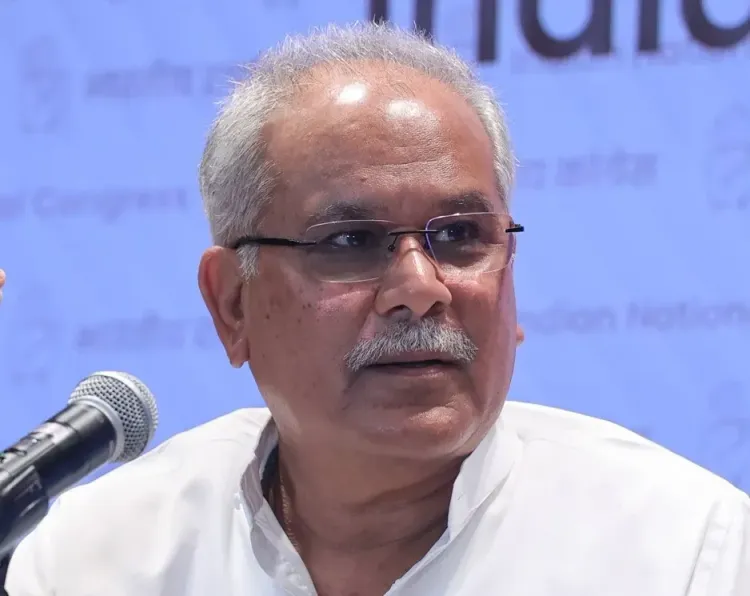
Synopsis
Key Takeaways
- The Supreme Court has declined Bhupesh Baghel's plea.
- Baghel is challenging provisions of the PMLA.
- Concerns of political motivations in investigations are raised.
- The High Court may provide a remedy for Baghel.
- Protests organized by the Congress support Baghel.
New Delhi, Aug 11 (NationPress) The Supreme Court on Monday declined to hear the petition of former Chhattisgarh Chief Minister Bhupesh Baghel, who challenged specific provisions of the Prevention of Money Laundering Act (PMLA). The bench, comprising Justices Surya Kant and Joymalya Bagchi, suggested that Baghel seek remedy from the High Court instead.
Baghel contended that Sections 50 and 63 of the Act, which grant the Enforcement Directorate (ED) the authority to summon individuals and mandate responses, are unconstitutional and infringe on fundamental rights.
He also requested a modification of Section 44, proposing that ED officials be permitted to conduct “further investigation” only in exceptional cases, requiring prior approval from a jurisdictional court along with necessary safeguards.
The bench noted that there was “nothing wrong” with the provisions themselves; however, if misuse was claimed, the appropriate recourse would be through the High Court.
Previously, on August 2, Baghel and his son Chaitanya Baghel approached the Supreme Court, questioning the legal authority of central agencies, namely the Central Bureau of Investigation (CBI) and ED, regarding probes into alleged irregularities tied to the multi-crore Chhattisgarh liquor scam. The petition sought clarification on whether these agencies had exceeded their jurisdiction under PMLA and other applicable laws.
The ED is currently investigating claims of a Rs 2,000-crore liquor syndicate that purportedly operated during Baghel’s administration, allegedly collecting illegal commissions and distributing unaccounted liquor through state-run outlets.
Baghel has dismissed the allegations as politically charged, asserting that the ED’s actions, especially the raids on his Bhilai residence during his son’s birthday, are an example of “vendetta politics” orchestrated by the Centre.
The Congress party has rallied behind Baghel, initiating protests across Raipur, Jagdalpur, and other districts, accusing the BJP-led central government of weaponizing investigative agencies to intimidate opposition figures.

